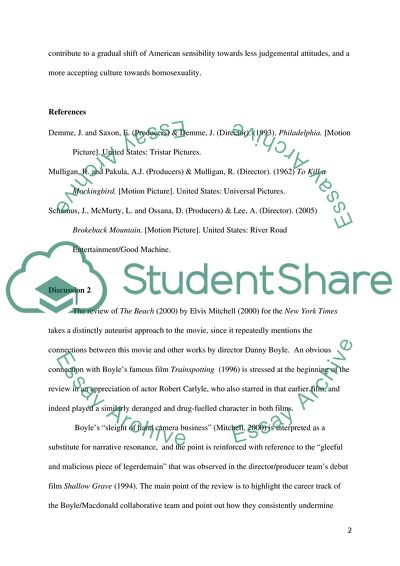Focus on Society / Criticism and Commentary Essay. Retrieved from https://studentshare.org/visual-arts-film-studies/1599436-focus-on-society-criticism-and-commentary
Focus on Society / Criticism and Commentary Essay. https://studentshare.org/visual-arts-film-studies/1599436-focus-on-society-criticism-and-commentary.


